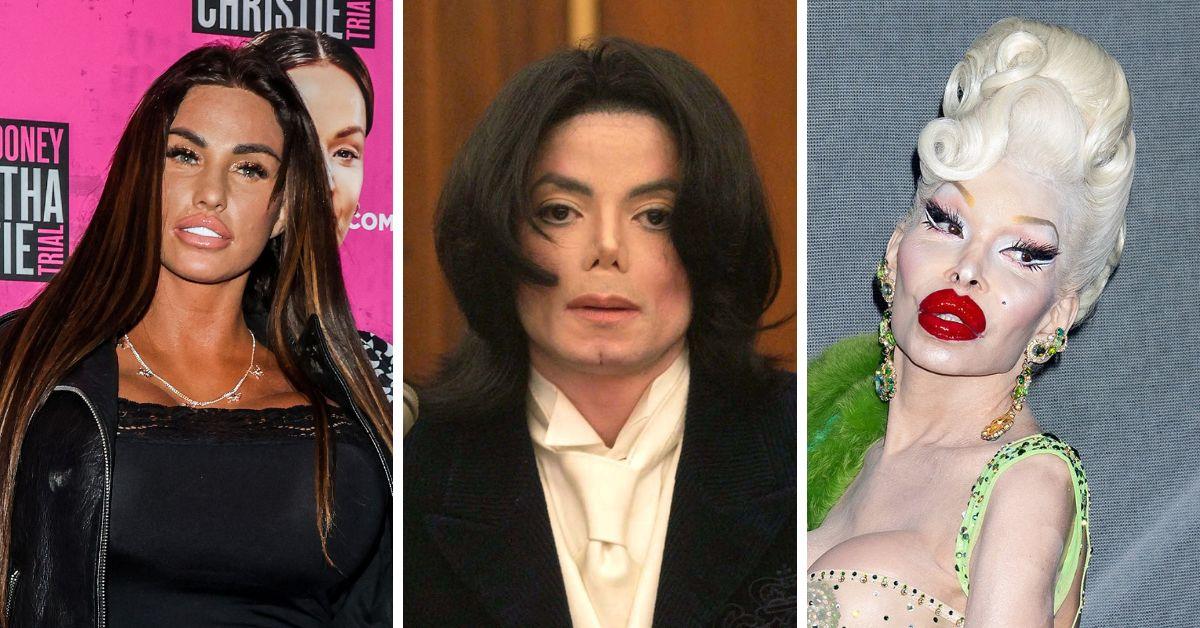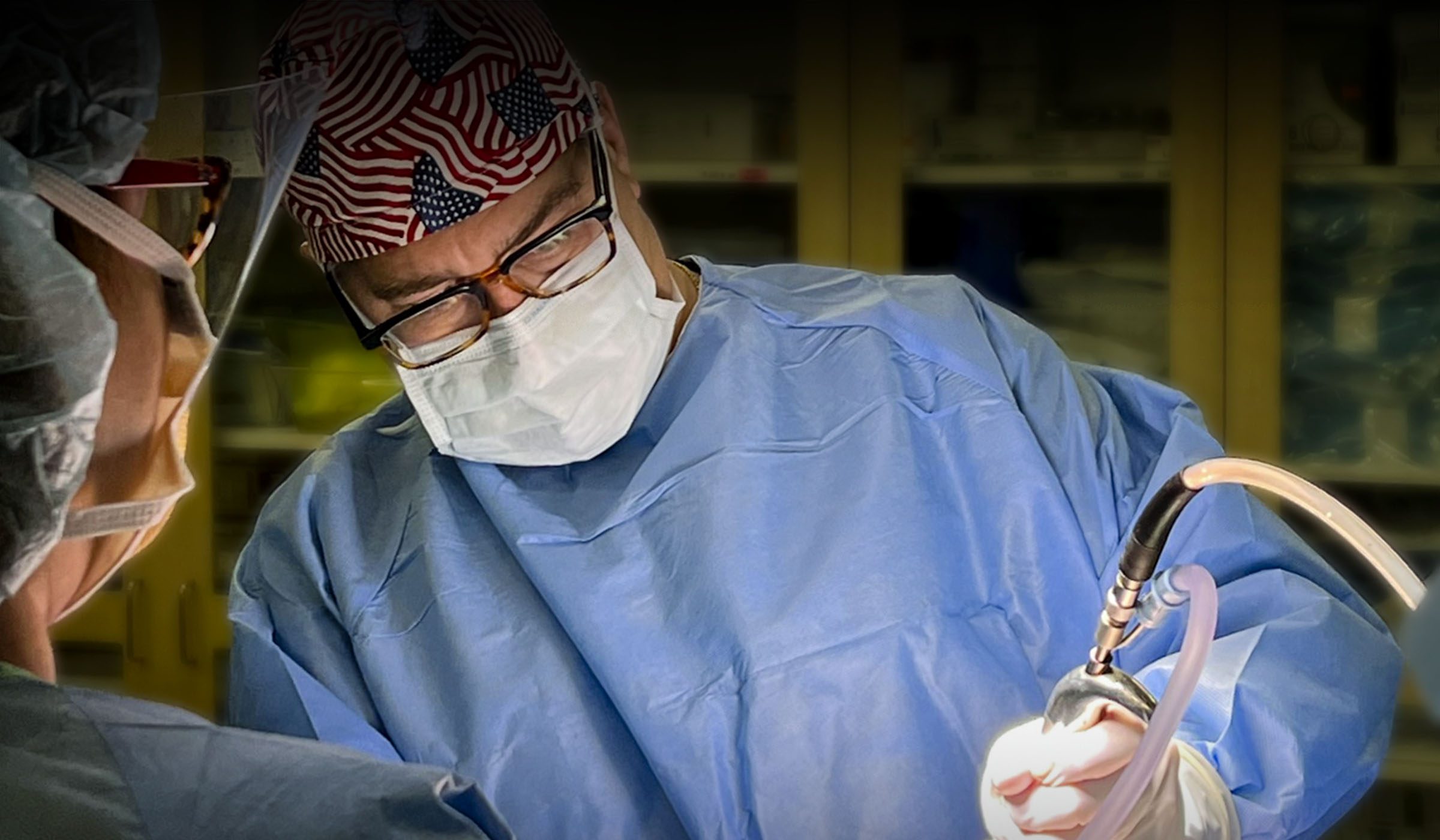Checking Out the Psychological and Social Aspects That Drive Individuals to Consider Plastic Surgery as a way of Improvement
The decision to seek plastic surgery often prolongs beyond mere visual appeals, linking with mental and social dynamics that warrant complete evaluation. Factors such as self-worth, pervasive societal charm requirements, and the prevalent influence of social networks assemble to form specific inspirations for medical improvement. As these influences come to be increasingly prominent, comprehending the underlying cultural and psychological contexts is important. What continues to be to be explored is the extensive impact these factors have not only on personal identity yet also on wider social standards and worths bordering charm and acceptance.
The Duty of Self-worth
Self-confidence substantially affects an individual's decision to pursue cosmetic surgical treatment. People with reduced self-confidence typically regard themselves in a negative light, leading to sensations of inadequacy concerning their physical appearance.

Eventually, the function of self-worth in the decision-making procedure regarding cosmetic surgical treatment highlights the complex interplay in between body photo, individual satisfaction, and psychological health. Recognizing this partnership is important for medical care professionals to ensure that people are making informed decisions rooted in reasonable assumptions and psychological well-being.
Societal Appeal Standards
Influenced by pervasive media portrayals and cultural stories, societal appeal requirements play a critical role in shaping individuals' perceptions of their very own bodies. These requirements are often identified by an idyllic type of charm that emphasizes traits such as youthful vigor, slimness, and proportion. As these suitables are bolstered through various channels, consisting of film, advertising and marketing, and television, individuals regularly internalize these messages, resulting in dissatisfaction with their natural appearance.
The effects of these societal standards expand past visual preferences; they can influence self-esteem, psychological wellness, and social partnerships. Individuals that view themselves as disappointing these requirements might experience feelings of inadequacy, triggering a need for plastic surgery as a way of attaining social authorization. This pursuit is often sustained by the idea that satisfying these perfects will enhance not only physical look but also social standing and individual gratification.

Influence of Social Media
The effect of societal appeal standards is additional intensified by the surge of social networks systems, where curated photos and idyllic representations of elegance are common. Customers are frequently revealed to filtered and modified photographs, which frequently portray unattainable physical features. This exposure cultivates a society of comparison, leading people to examine their very additional info own look against these commonly unrealistic criteria.
Social media site influencers and celebs regularly promote cosmetic treatments, normalizing the idea that medical enhancements are a sensible methods for achieving social perfects (plastic surgery rancho cucamonga). The presence of these improvements can develop a perception that going through plastic surgery is a conventional method, consequently affecting individuals to consider similar interventions as a pathway to boosted self-esteem and social approval
Additionally, the interactive nature of social networks permits instant comments with likes and remarks, additionally enhancing the wish to adjust to preferred beauty standards. Such interactions can worsen sensations of insufficiency and drive people towards plastic surgery as a way of gaining validation. Ultimately, social media sites plays a critical duty fit perceptions of appeal, which substantially impacts the decision-making procedures surrounding plastic surgery.

Cultural Perspectives on Appearance
Across numerous societies, assumptions of appearance are deeply rooted in historic, social, and economic contexts, shaping people' views on elegance and desirability. In several cultures, appearance acts as a significant marker of identity, affecting social status, expert opportunities, and individual connections. As an example, in some cultures, light skin is often connected with wide range and advantage, while others may idealize darker complexion as symbols of stamina and credibility.
Furthermore, typical appeal standards are usually perpetuated with cultural stories, media depictions, and family members influences, causing varying perfects across various areas (plastic surgery rancho cucamonga). In Western societies, the focus on youth and physical conditioning frequently drives people toward cosmetic improvement, while in specific Eastern societies, more refined changes aligned with typical aesthetic appeals may be chosen
Globalization and read here the expansion of electronic media have further complicated these dynamics, developing a hybridization of appeal suitables that transcends geographical limits. As individuals increasingly navigate these cultural stories, the pressure to comply with certain appearance standards can result in the wish for cosmetic surgical procedure, mirroring a complicated interplay of individual ambitions and cultural worths. Comprehending these cultural perspectives is necessary in dealing with the motivations behind cosmetic surgery factors to consider.
Emotional Impacts of Aesthetic Surgical Procedure
Lots of people looking for plastic surgery report experiencing profound emotional effects that can considerably change their self-perception and psychological health - plastic surgery rancho cucamonga. The desire for physical enhancement frequently comes from underlying problems such as reduced self-worth, body dysmorphic condition, or social stress pertaining to appeal standards. For some, the immediate post-operative phase can lead to a momentary increase in confidence and fulfillment with their look, fostering a feeling of empowerment
Nonetheless, these favorable feelings might not be enduring. Research study shows that while some clients experience boosted self-worth, others may face heightened stress and anxiety or clinical depression if their expectations are not met. This inconsistency can develop from unrealistic perfects perpetuated by media representation and social narratives surrounding elegance.
Additionally, the psychological ramifications of plastic surgery extend beyond the person. Relationships with family members and friends might be stressed as social characteristics change, bring about sensations of isolation or alienation. Ultimately, the emotional effects of plastic surgery are complex and complex, needing cautious consideration by both potential individuals and health care companies to make sure enlightened decision-making and practical expectations.
Verdict
Finally, see post the decision to go after cosmetic surgical procedure is dramatically affected by a mix of self-esteem concerns, societal charm standards, and cultural point of views on appearance. The pervasive reach of social networks even more intensifies these stress, promoting impractical perfects that people commonly strive to achieve. Recognizing these social and mental elements is important for attending to the inspirations behind plastic surgery, highlighting the need for a much more nuanced conversation surrounding appeal and self-acceptance in modern culture.
The choice to go after cosmetic surgical treatment usually expands past plain visual appeals, intertwining with psychological and social dynamics that merit comprehensive evaluation. Ultimately, social media plays a critical role in shaping assumptions of elegance, which dramatically affects the decision-making processes surrounding cosmetic surgical procedure.
As people progressively browse these social narratives, the stress to adapt to details look requirements can lead to the wish for cosmetic surgical treatment, reflecting a complex interaction of individual goals and cultural worths.In final thought, the decision to seek cosmetic surgical treatment is considerably influenced by a combination of self-confidence issues, social elegance requirements, and cultural viewpoints on appearance. Recognizing these emotional and social elements is vital for dealing with the inspirations behind cosmetic surgical treatment, highlighting the need for a more nuanced discussion surrounding elegance and self-acceptance in modern culture.